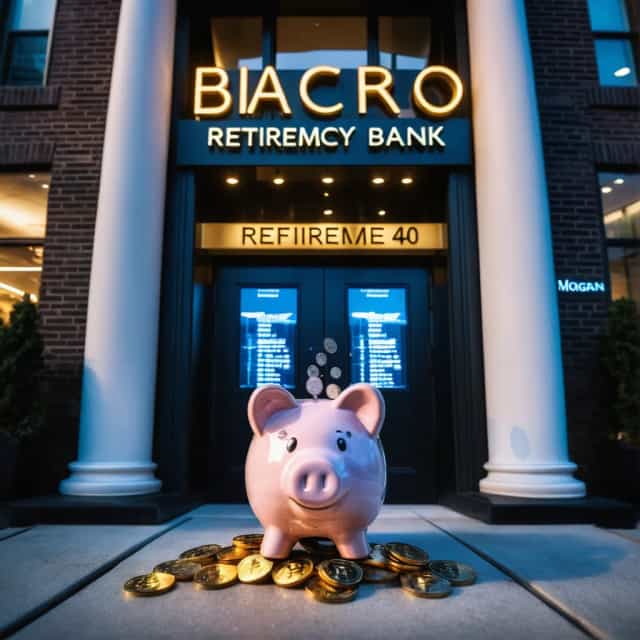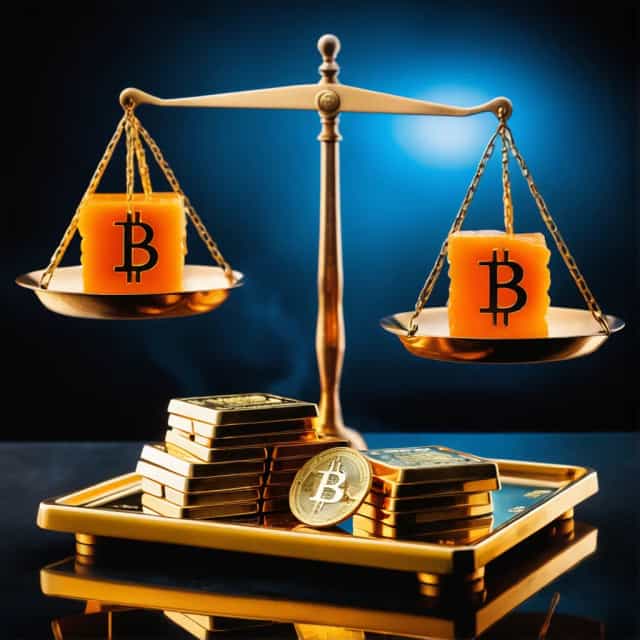
출처: Block Media
Leaked U.S. Senate Democratic Draft for DeFi Regulation Sparks Industry Uproar
A leaked draft of decentralized finance (DeFi) regulatory guidelines, championed by U.S. Senate Banking Committee Democrats, has triggered widespread disapproval from industry experts and participants. Many critics have described the proposals as a "de facto ban" that could drastically hinder the DeFi ecosystem within the United States, putting innovation, economic growth, and technological leadership at risk.
Proposed Regulation Overview: Broadening the Definition of "Broker"
Unveiled on October 10, the draft introduces sweeping changes to the definition of "broker." It proposes labeling individuals and entities involved in creating, distributing, or operating DeFi front-end interfaces—or those profiting from these activities—as "brokers." Under this classification, those designated would be required to register with either the Securities and Exchange Commission (SEC) or the Commodity Futures Trading Commission (CFTC).
Beyond this, the draft expands existing Know-Your-Customer (KYC) and Anti-Money Laundering (AML) obligations to a broader array of operations within DeFi. This includes decentralized user interfaces, non-custodial wallets, and hosting platforms for UI services. The U.S. Treasury Department would play a key role in overseeing a "restricted list" of high-risk protocols and front-end services that would face stricter limitations.
Limited Exemptions Fail to Satisfy Industry Needs
While the regulation draft outlines exemptions for "fully decentralized and non-revenue generating protocols" and open-source developers who do not profit from their technology, experts argue these carve-outs are largely impractical for the vast majority of U.S.-based DeFi projects.
Jake Chervinsky, Chief Legal Officer at Variant, voiced his strong concerns about the draft, declaring, "This proposal aims to pull the entire digital asset industry into the same category of regulation, effectively banning DeFi front-ends in the U.S." Similarly, Summer Mersinger from the Blockchain Association warned, "Enacting this legislation could make wallet development and the provision of application services virtually impossible within the U.S."
Political Frictions Add Complexity to Legislative Progress
In addition to the controversy within the industry, the draft introduces heightened political tension in ongoing discussions around digital asset regulation. Although the House recently advanced the bipartisan Digital Asset Market Clarity Act as a potential negotiation framework, the Democratic-led draft risks derailing progress by deepening partisan divisions.
Democrats insist that stringent regulations are essential to combat illegal activities such as money laundering and terrorism financing, while Republicans and industry representatives argue that excessive oversight would stifle innovation and drive businesses offshore. The growing partisan disagreement makes it increasingly unlikely that Congress will achieve comprehensive digital asset legislation in the near term.
Economic Implications and Potential Industry Fallout
If these regulations are enacted as proposed, the U.S. DeFi space could face significant short-term contraction. Developers and institutional capital are expected to flock to jurisdictions with clearer and more favorable regulatory environments, such as Europe. An industry expert cautioned, “This draft jeopardizes U.S. leadership in decentralized technology, risking both innovation and tax revenue under the guise of consumer protection. The future of DeFi might end up being determined abroad.”
The market has already begun to reflect these concerns. Following news of the draft’s release, an index of DeFi-related tokens recorded losses of 3-4%, with prominent projects like HYPE and ASTR experiencing notable declines amid growing regulatory uncertainty. The prospect of imposing broker-level regulatory responsibilities on wallet service providers and front-end operators has sparked fears of cascading effects on hiring, investment, and product development. One founder issued a stark warning: "If passed, these measures would choke innovation, halt investment flows, and severely constrain the launch of new products in the U.S. market."
The Future of DeFi in America Under Scrutiny
As the debate over the leaked draft continues, the future of decentralized finance in the United States remains precarious. The tension between fostering technological innovation and imposing stringent regulatory safeguards will shape the trajectory of one of the most transformative sectors in the digital economy. Whether the U.S. chooses to embrace DeFi or force its evolution to occur elsewhere could redefine its role in the growing global competition for blockchain and cryptocurrency innovation.










